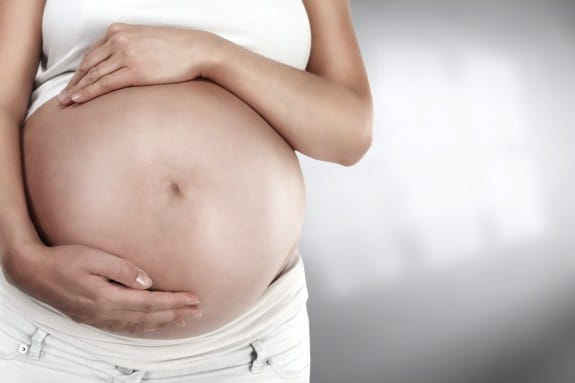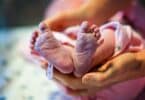For years, scientists have tried to pin down the possible causes of autism. Most cite environmental and developmental issues during pregnancy or genetics as the primary reasons that autism exists. Now a new study suggests that iron may play a role, but not in the way you may think.
Published in the American Journal of Epidemiology, the study included 520 pairs of mothers and children with autism and 346 pairs of mothers and typically developing children. All of the participants were enrolled in the Childhood Autism Risks from Genetics and the Environment (CHARGE) study in California, from 2005 to 2009.
Maternal iron intake, including vitamins breakfast cereals (often fortified with iron), and other nutritional supplements taken three months prior to conception to the end of the mother’s pregnancy and during breastfeeding were assessed. According to the researchers, iron intake reported by mothers of those with autism was lower than that of mothers who had typically developing children, especially when that lower intake happened during the months prior to conception and during early conception. In fact, mothers that were 35 years of age or older who had a low iron intake had a five times greater risk of having a child born with autism.
“While the study needs to be replicated, it reinforces the current practice of taking the recommended dose of pregnancy vitamins and folic acid when pregnant,” Rebecca Schmidt, lead author and assistant professor in the department of public health sciences at the University of California, Davis, told CBS News.
While generally associated with anemia, a commonly measured nutrient deficiency especially common in pregnancy, iron deficiency early in life has also been shown to impair thinking, motor development, social engagement, and language development. In fact, iron is crucial to early brain development because it contributes to the production of neurotransmitters, myelination (development of a sheath around nerve cells), and immune function, Schmidt explained and all three of those functions have been associated with autism and other studies.
Other risk factors were also noted in the study. For example, children with autism tended to be born sooner than their typically developing counterparts, and mothers were more likely to have some college education but no bachelor’s degree, and they were more likely to smoke cigarettes, less likely to have private insurance, and less likely to own their own home.
However, Dr. Andrew Adesman, chief of developmental and behavioral pediatrics at Cohen Children’s Medical Center of New York, in New Hyde Park, said that, while the information is useful and just “one more reason to take iron in pregnancy,” it’s not breakthrough information.
“It isn’t the ‘now-we-know-what-causes-ASD’ answer, but it offers one clue,” Adesman told CBS News. “The study data shows that some women with good iron intake still had kids with ASD.”
Schmidt admitted that this is definitely not the be-all, end-all to autism research, and that the results do need to duplicated before much more can be said about any potential links between iron intake and autism risk. It’s also important to remember that almost all studies that have been done have found that there could be a multitude of reasons behind the neurodevelopmental disorder.
“There are probably multiple causes or risk factors for autism and it may take having several of them to pass the threshold [and develop the disorder],” Schmidt said. “It may be a combination of risks and susceptibility.”
Related Articles:
- Study: Language Learning Changes as Babies Get Older
- Study Finds Babies Born In Winter Crawl Earlier Than Summer-Born Counterparts
- 51 Year-Old New York Mom Among Growing Number Of Women Having Children Later In Life







